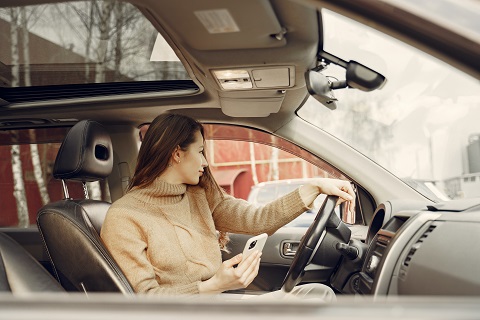Benefits of Buying Used Cars
May 08, 2023 9:34 PM If you're in the market for a new vehicle, buying a used car can be an excellent option. While buying a brand new car might seem appealing, there are many advantages to purchasing a used car instead. In this blog post, we'll explore some of the benefits of buying a used car and provide some tips for making a smart purchase.
If you're in the market for a new vehicle, buying a used car can be an excellent option. While buying a brand new car might seem appealing, there are many advantages to purchasing a used car instead. In this blog post, we'll explore some of the benefits of buying a used car and provide some tips for making a smart purchase.
One of the most significant advantages of buying a used car is the cost savings. Used cars are generally much cheaper than brand new vehicles, which means you can get a great deal on a car that might have been out of your price range if you were buying new. Additionally, buying a used car means you won't be hit with the depreciation costs that come with a brand new car. New cars lose a significant portion of their value in the first few years of ownership, but with a used car, that's someone else's problem.
Another benefit of buying a used car is that you'll have a wider selection of vehicles to choose from. While new cars come in limited models and options, used cars offer a range of makes and models, often with unique features that might not be available in newer cars. This variety allows you to find a car that meets your specific needs and preferences.
When buying a used car, it's essential to do your research and take precautions to ensure you're making a smart purchase. Start by setting a budget and researching the make and model of the car you're interested in to get an idea of what a fair price would be. Then, look up the car's history using resources like Carfax or AutoCheck to see if it has been in any accidents or has any major repairs in its past.
When you're ready to take a closer look at a used car, be sure to inspect it thoroughly. Check for signs of wear and tear, like scratches, dents, and rust. Look under the hood for any leaks or issues with the engine. Take the car for a test drive and pay attention to how it handles and sounds. If you're not comfortable doing the inspection yourself, consider bringing along a trusted mechanic or car expert.
In summary, buying a used car can be an excellent way to save money and get a car that meets your specific needs. By doing your research and taking the time to inspect the car thoroughly, you can make a smart purchase that will serve you well for years to come.
